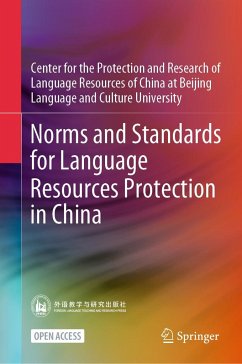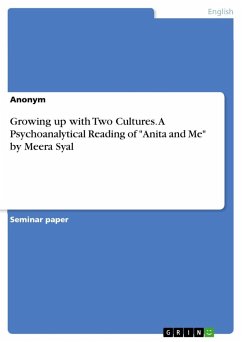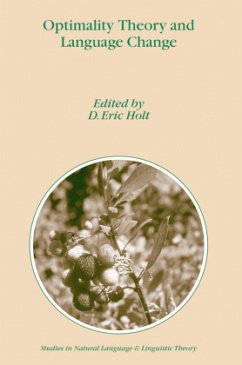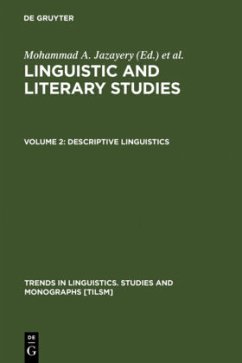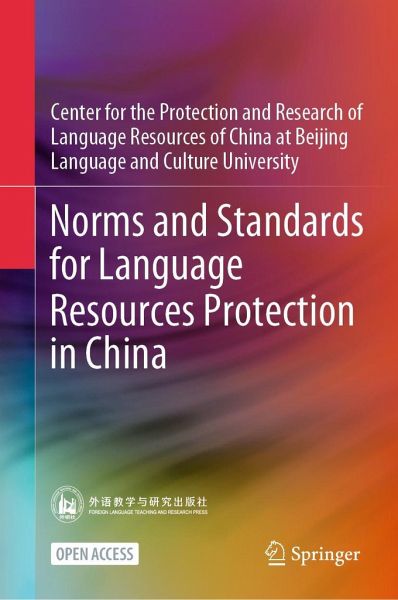
Norms and Standards for Language Resources Protection in China
Versandkostenfrei!
Erscheint vorauss. 24. Januar 2026
47,99 €
inkl. MwSt.
Weitere Ausgaben:
This open-access book presents standards which were developed by the Project for the Protection of Language Resources of China (PPLRC).At present, China is home to some of the world's richest language resources. However, in the course of globalization and urbanization, many dialects and dialect cultures are now in danger of being irretrievably lost. The PPLRC was launched in 2015 and has since produced the world's largest language resources database (zhongguoyuyan.cn). Against this backdrop, the international conference on "Role of Linguistic Diversity in Building a Global Community with Share...
This open-access book presents standards which were developed by the Project for the Protection of Language Resources of China (PPLRC).
At present, China is home to some of the world's richest language resources. However, in the course of globalization and urbanization, many dialects and dialect cultures are now in danger of being irretrievably lost. The PPLRC was launched in 2015 and has since produced the world's largest language resources database (zhongguoyuyan.cn). Against this backdrop, the international conference on "Role of Linguistic Diversity in Building a Global Community with Shared Future: Protection, Access and Promotion to Global Language Resources" was jointly held by the Chinese Government and the UNESCO in 2018. During the conference, "Protection and Promotion of Linguistic Diversity of the World: Yuelu Proclamation" was adopted.
The book includes three parts: 1. Congratulatory message from Ms. Audrey Azoulay: UNESCO promotes linguistic diversity by contributing to the preservation and revitalization of endangered languages. She expresses her hope that the conference will enhance the consensus of countries on the protection of language resources and create more opportunities for communication and cooperation. 2. The Protection and Promotion of Linguistic Diversity of the World: Yuelu Proclamation: It is the first UNESCO text of its kind dedicated to the protection of linguistic diversity, and is considered a landmark document that will play a central role in guiding the efforts of countries and regions around the world in protecting linguistic resources and diversity. 3. Four standards: The first three standards were developed by the PPLRC and concern the investigation and protection of dialects, minority languages, and dialect cultures in China. The fourth standard represent the guidelines for the PPLRC. The four standards reflect the valuable experience of PPLRC and offer other countries and regions a blueprint forprotecting language resources and promoting linguistic and cultural diversity.
At present, China is home to some of the world's richest language resources. However, in the course of globalization and urbanization, many dialects and dialect cultures are now in danger of being irretrievably lost. The PPLRC was launched in 2015 and has since produced the world's largest language resources database (zhongguoyuyan.cn). Against this backdrop, the international conference on "Role of Linguistic Diversity in Building a Global Community with Shared Future: Protection, Access and Promotion to Global Language Resources" was jointly held by the Chinese Government and the UNESCO in 2018. During the conference, "Protection and Promotion of Linguistic Diversity of the World: Yuelu Proclamation" was adopted.
The book includes three parts: 1. Congratulatory message from Ms. Audrey Azoulay: UNESCO promotes linguistic diversity by contributing to the preservation and revitalization of endangered languages. She expresses her hope that the conference will enhance the consensus of countries on the protection of language resources and create more opportunities for communication and cooperation. 2. The Protection and Promotion of Linguistic Diversity of the World: Yuelu Proclamation: It is the first UNESCO text of its kind dedicated to the protection of linguistic diversity, and is considered a landmark document that will play a central role in guiding the efforts of countries and regions around the world in protecting linguistic resources and diversity. 3. Four standards: The first three standards were developed by the PPLRC and concern the investigation and protection of dialects, minority languages, and dialect cultures in China. The fourth standard represent the guidelines for the PPLRC. The four standards reflect the valuable experience of PPLRC and offer other countries and regions a blueprint forprotecting language resources and promoting linguistic and cultural diversity.




